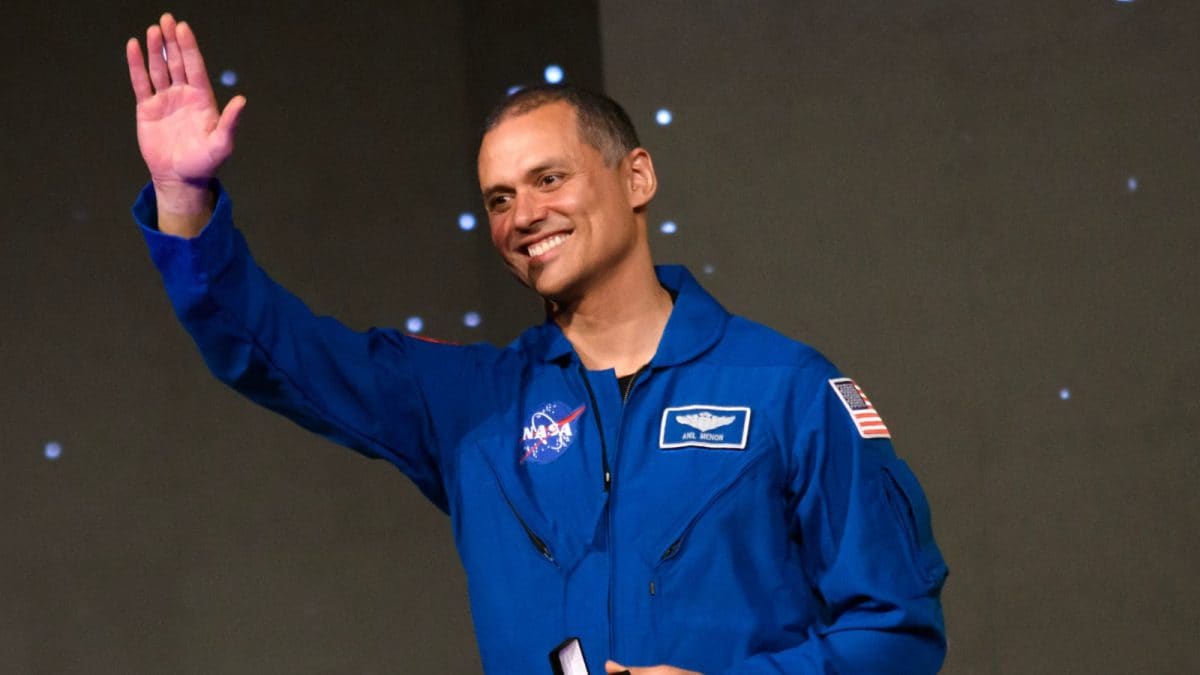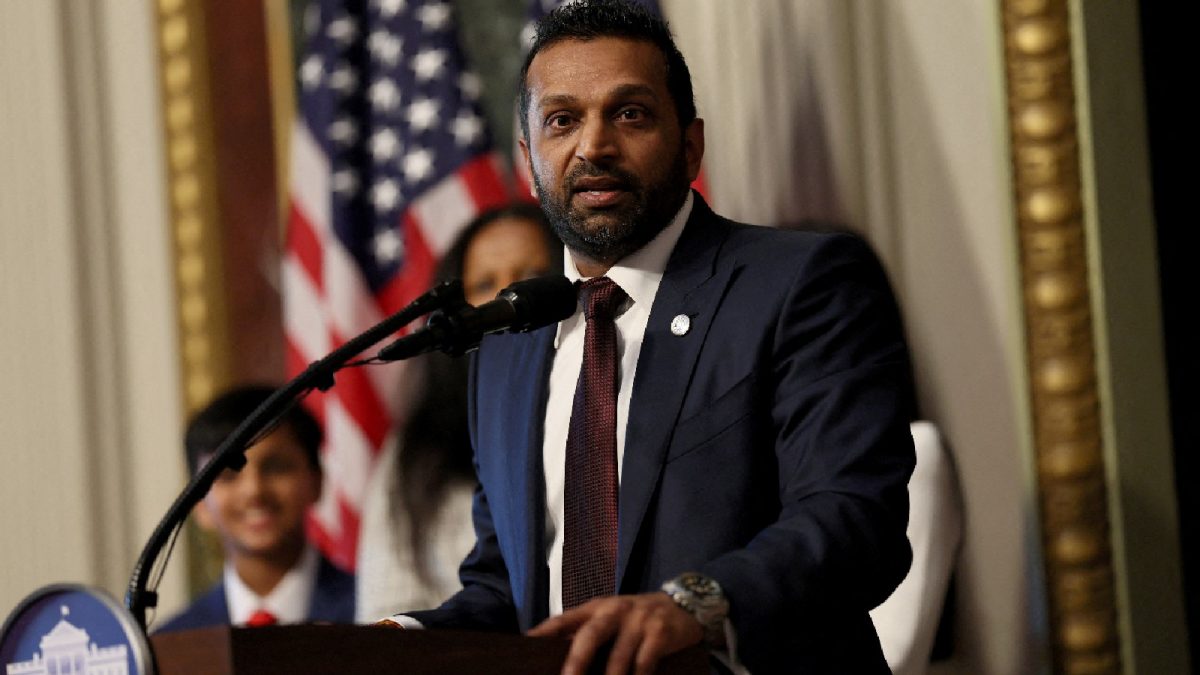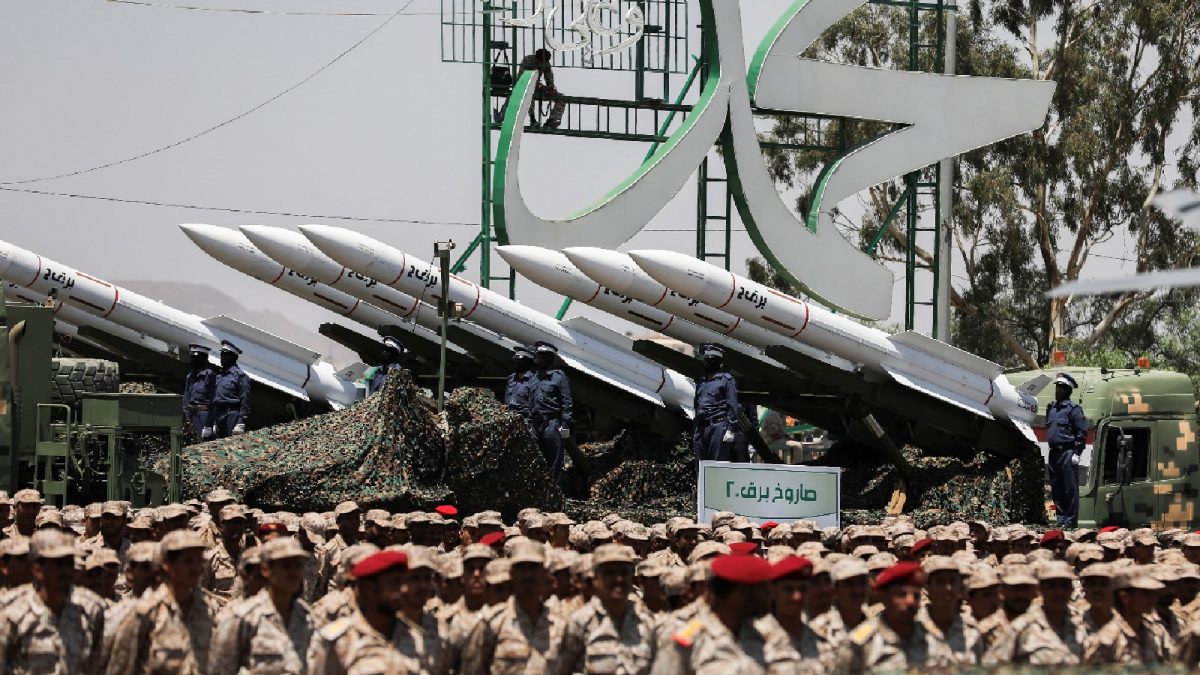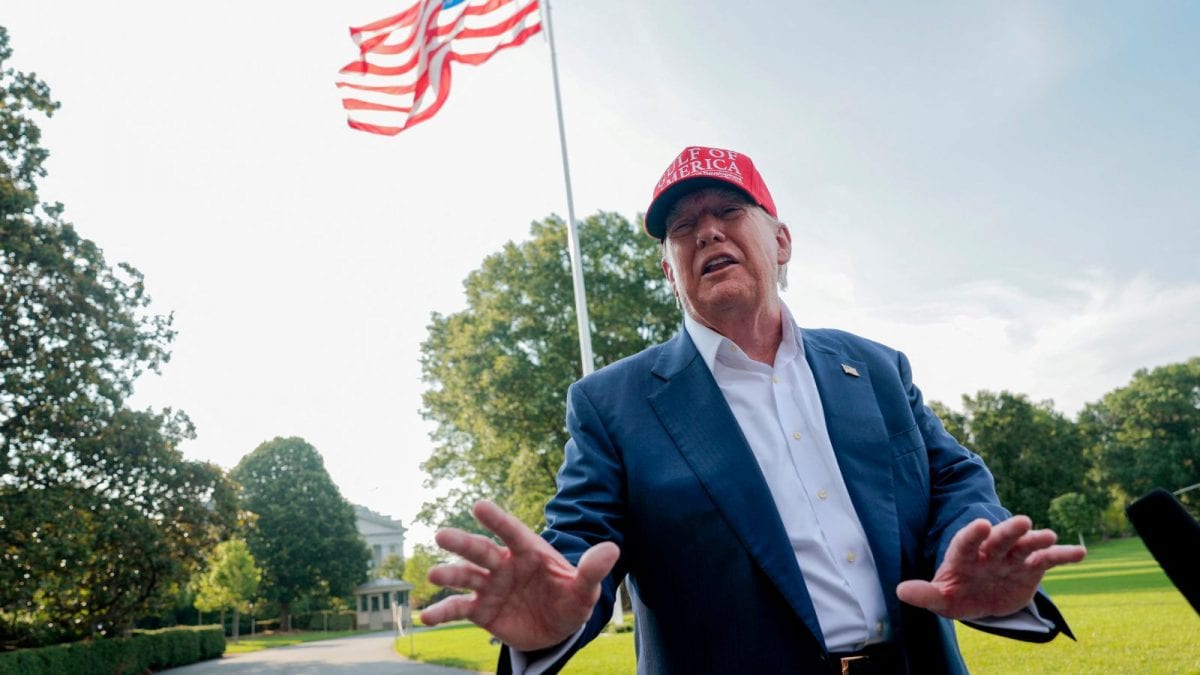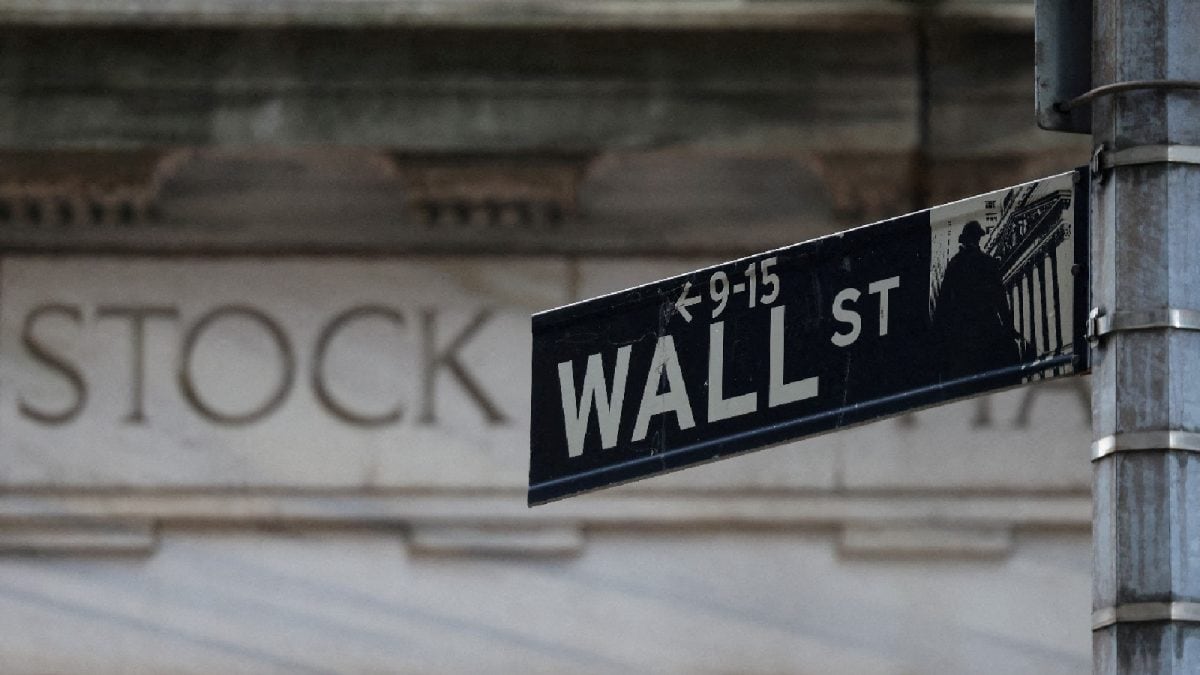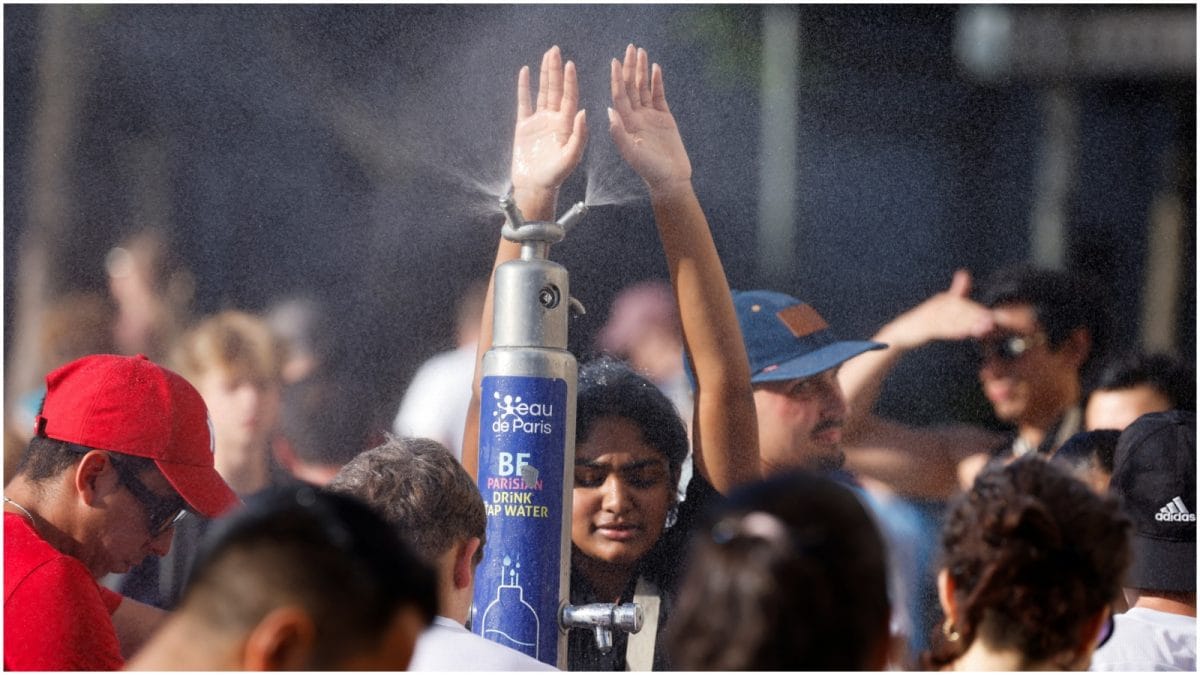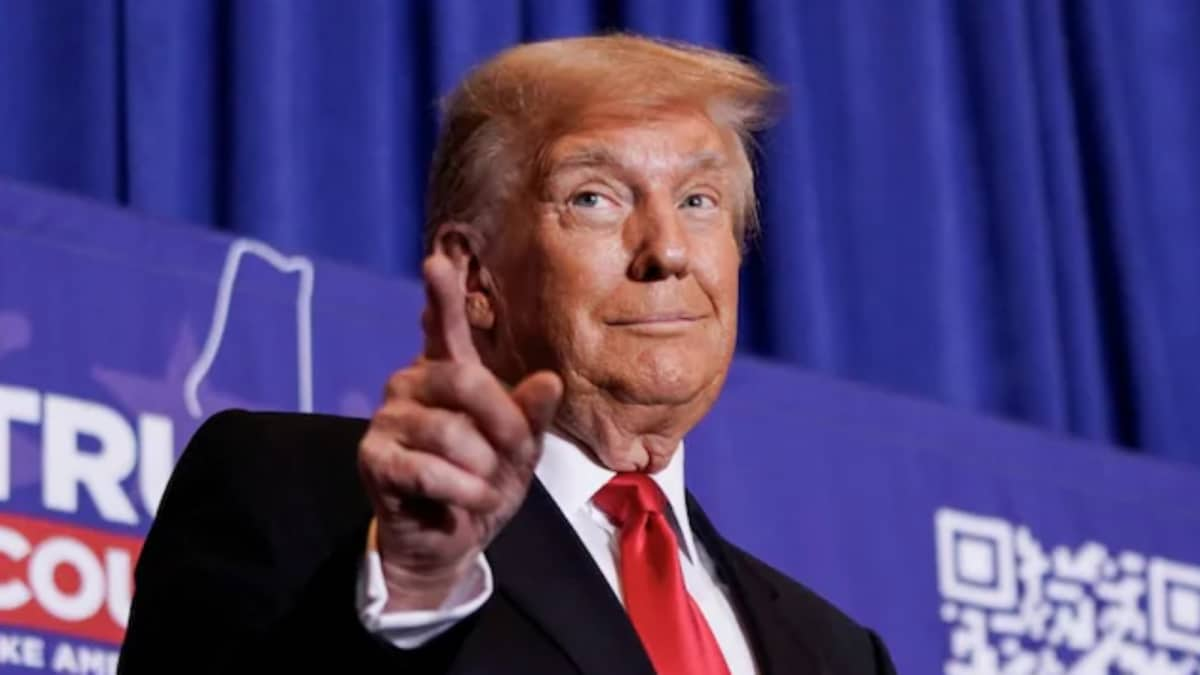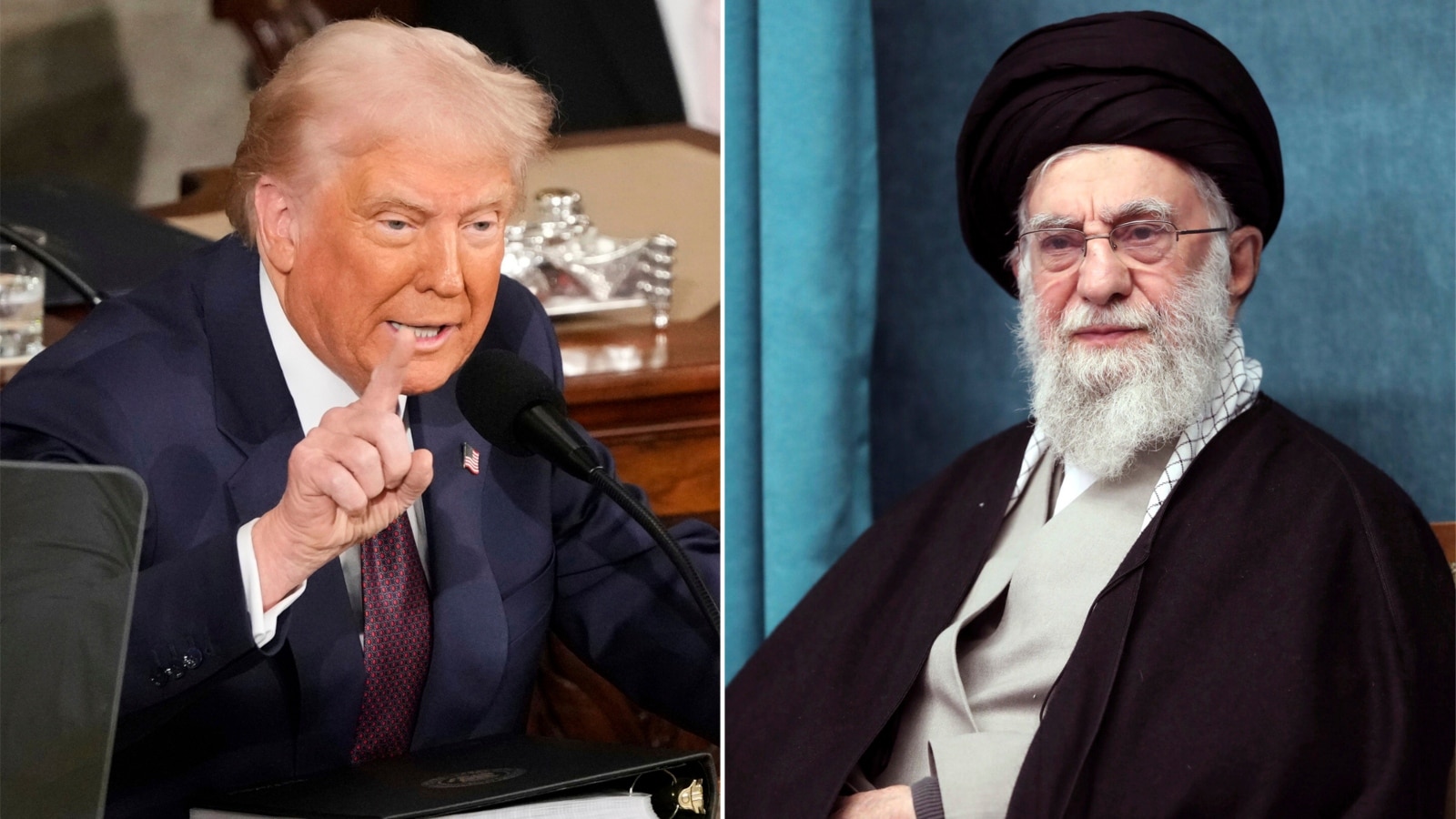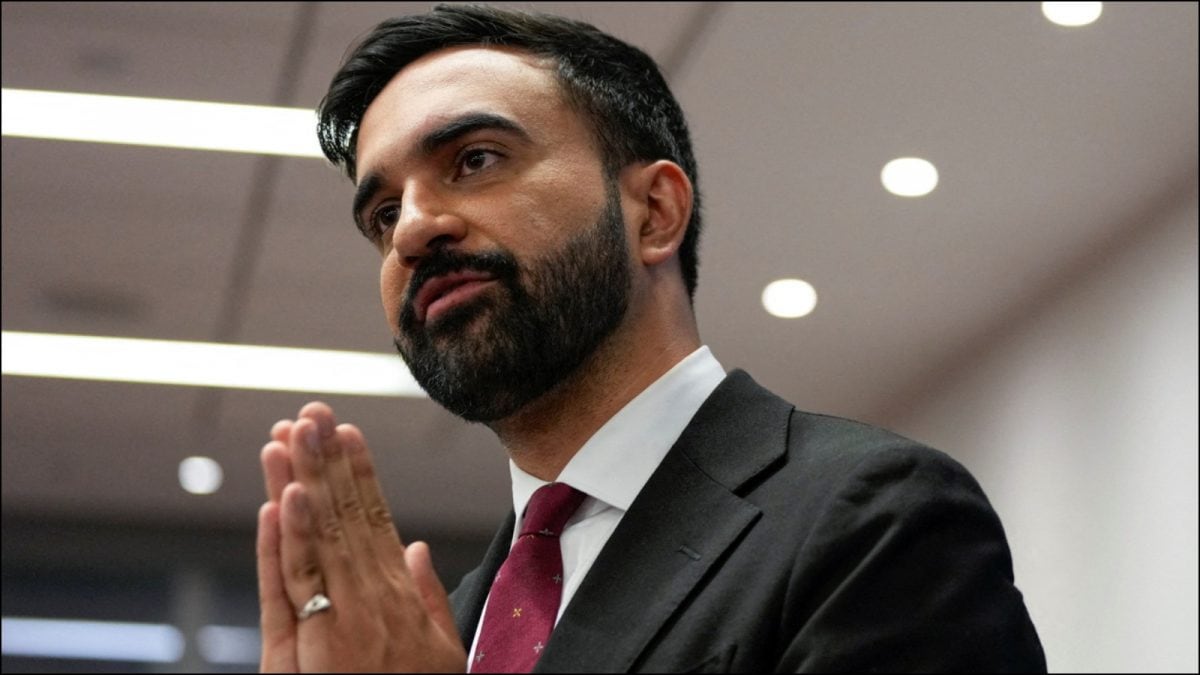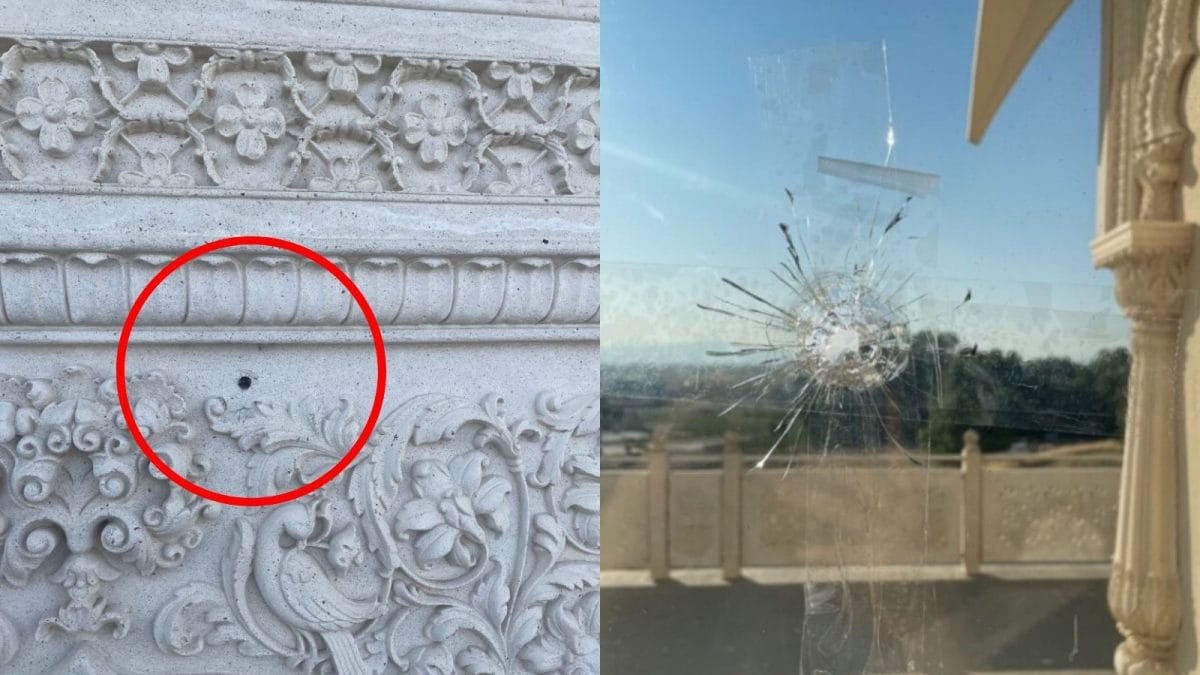Last Updated:May 26, 2025, 21:17 IST
As Trump freezes Harvard grants and targets foreign scholars, China steps up efforts to attract global talent, reshaping the battle for academic and research influence.

A conceptual image shows Donald Trump fuming as Xi Jinping welcomes researchers heading to Chinese universities, highlighting the global contest for academic and research talent. (IMAGE: IMAGEN 3 AI)
As US President Donald Trump ramps up his attacks on elite universities like Harvard, the fallout may be helping China gain ground in a new battleground between the world’s top powers — education and research.
An example of this shift is former Harvard chemist Charles Lieber, who recently took up a post at Tsinghua University’s Shenzhen campus. Lieber had been convicted in 2021 in the US for concealing ties to Chinese research funding. He is among a small but growing group of senior Western scholars now relocating to China, while others, like Nobel-winning physicist Gérard Mourou and celebrated mathematician Kenji Fukaya, have joined Chinese institutions by choice, according to a report by the Economist.
Microsoft AI researcher Alex Lamb, for instance, confirmed he is leaving his New York lab to join Tsinghua’s new AI college, citing the university’s improving academic strength and student quality, the magazine said in a report.
These names join a broader wave of top researchers of Chinese origin who have left US universities. Sun Song, a highly regarded mathematician from the University of California, Berkeley, is now at Zhejiang University, which is closely tied to Chinese AI firm DeepSeek.
Beijing, under Xi Jinping, has made attracting global talent a national priority. A plan rolled out in 2021 set goals to make China a top global destination for talent by 2030 and the leading one by 2035.
The recruitment focus has been two-fold: a small number of decorated senior researchers and a larger pool of rising young scientists. In 2024, top Chinese leadership pledged to make it easier for foreign scholars and skilled workers to relocate to China, while universities are now more aggressively promoting national scholarship funds aimed at foreign talent.
This effort is playing out as the US research environment faces growing uncertainty. Trump, now in his second term, has revived and expanded his campaign against higher education.
In a flurry of posts on Truth Social on Memorial Day, he accused Harvard of being “very antisemitic" and said he was considering pulling $3 billion in grant money from the university and redirecting it to trade schools across the US. He has already frozen $2.2 billion in federal grants and $60 million in contracts linked to Harvard, and threatened to place $9 billion more under review.
He also called for a list of Harvard’s foreign students—who make up a sizable portion of the university’s enrollment and revenue—suggesting some may not be allowed to re-enter the country. “We want to determine… how many radicalized lunatics, troublemakers all, should not be let back into our Country," he wrote. The administration had recently moved to block Harvard from enrolling foreign students altogether, but a court has temporarily paused the order.
Trump’s broader message is clear: federal science funding is now a tool of control.
During his first term, the Justice Department had already launched investigations into researchers with links to China. Many of those cases failed in court, but the impact lingered.
A Princeton researcher, Yu Xie, notes that over half of Chinese and Chinese-American scientists in the US considered leaving the country and several hundred likely did.
Now, Trump is reportedly planning $23 billion in cuts to science spending in the next fiscal year. And while the US still leads in innovation, experts note the gap with China is shrinking.
Beijing’s approach remains top-down and lacks intellectual freedom, but at a time when American scientists face frozen grants, visa scrutiny and political backlash, some are still willing to take the trade-off, the Economist said.
The European Union, sensing the opening, announced on May 5 that it will spend over $560 million to attract researchers caught in the crossfire.
As the US clamps down on its own research institutions, countries like China and blocs like the EU are seizing the chance to lure away disillusioned talent, reshaping the global research map in the process, the report indicated.
Location :Washington/New Delhi
First Published:News world Amid Trump’s War On Harvard, Academia, China Steps In To Attract Global Talent: Report

 1 month ago
1 month ago
